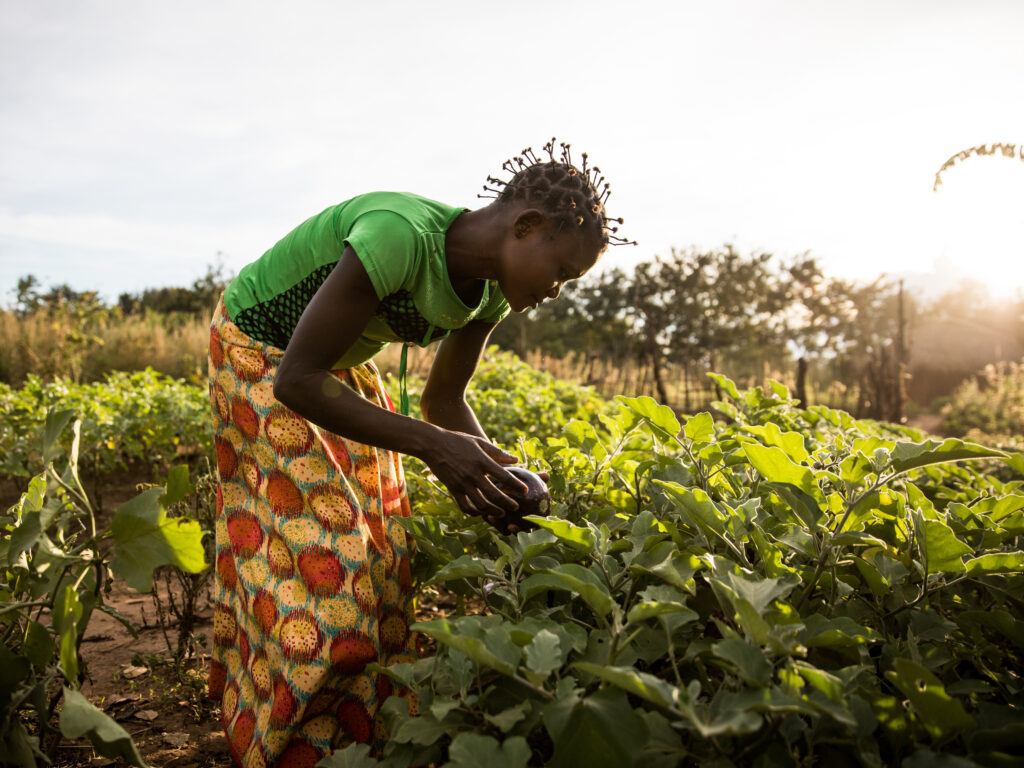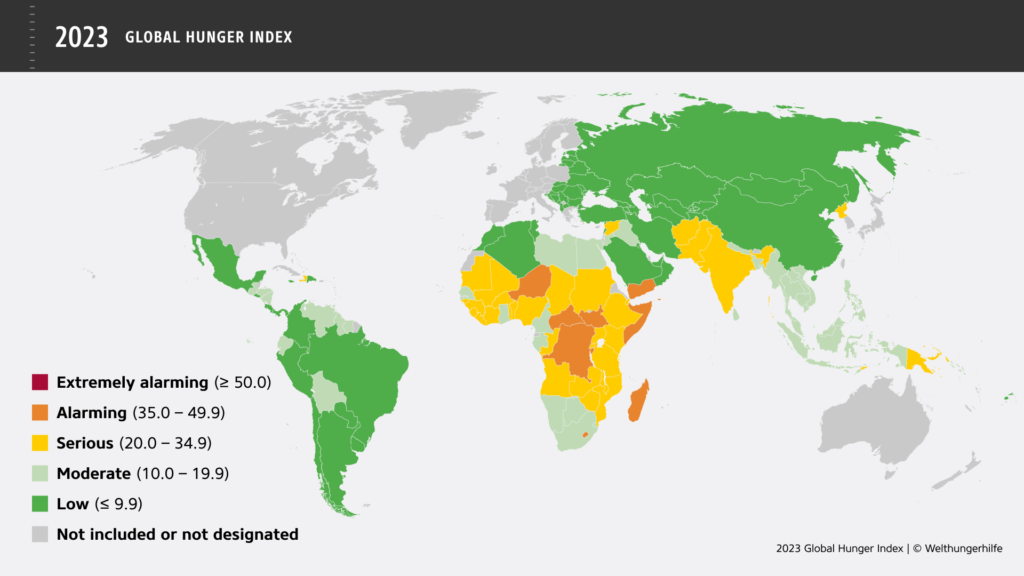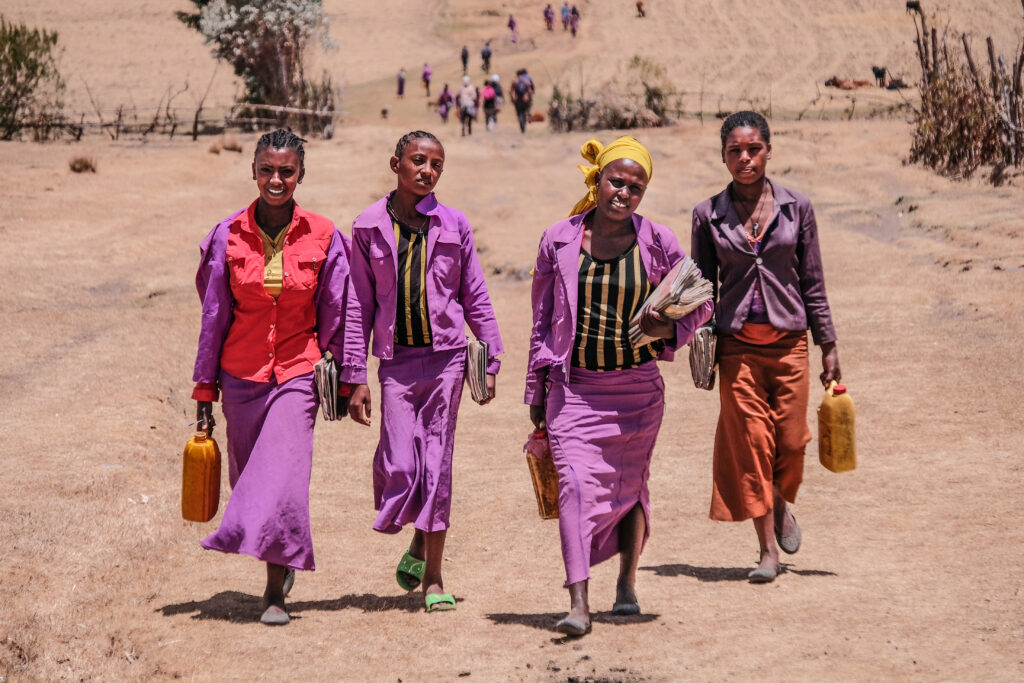Multiplying Crises and Stagnating Progress against Hunger
The 2023 Global Hunger Index (GHI) shows that after many years of
advancement up to 2015, progress against hunger worldwide remains
largely at a standstill. With just seven years remaining to fulfill the
Sustainable Development Goals (SDGs), the compounding impacts of climate change, conflicts, economic shocks, the global pandemic, and the Russia-Ukraine war have exacerbated social and economic inequalities and slowed or reversed previous progress in reducing hunger in many countries.
According to the 2023 GHI scores and provisional designations, 9 countries have alarming levels of hunger: Burundi, Central African Republic, Democratic Republic of the Congo, Lesotho, Madagascar, Niger, Somalia, South Sudan, and Yemen. In a further 34 countries, hunger is considered serious.

Overlapping crises, including the fallout from the COVID-19 pandemic,
the Russia-Ukraine war, and multiple violent conflicts and climate disasters around the world, have pushed some countries into food crises, while other countries have been more resilient. Low- and middle-income countries, which tend to be more vulnerable to crises, have been hit particularly hard relative to high-income countries.

The extent to which countries are able to recover from shocks depends
largely on underlying factors, such as state fragility, inequality, poor
governance, and chronic poverty. Given that the world is expected
to be subject to increased shocks in future years, particularly as a
result of climate change, the effectiveness of disaster preparedness
and response is likely to become increasingly central to the outlook
on food security.
Recommendations
The world is confronting overlapping crises that are exacerbating social
and economic inequalities and reversing progress against hunger.
Large demographic groups such as women and youth are carrying the
burden of these crises but are underrepresented in policy discussions
and decisions on food systems that affect them.
These recommendations highlight the interest of youth in shaping their future as well as their right to do so. Generational and gender justice must underpin equitable, sustainable, and resilient food systems that fulfill the right to adequate food for current and future generations.
- Put the right to food for all at the heart of food systems transformation.
- Invest in young people’s capacities to be leaders in food systems transformation.
- Invest in sustainable, equitable, and resilient food systems to ensure they offer viable and attractive livelihoods to young people.

About the GHI
The Global Hunger Index (GHI) is a tool for comprehensively measuring and tracking hunger at global, regional, and national levels over recent years and decades. GHI scores are calculated based on a formula combining four indicators that together capture the multidimensional nature of hunger:
- Undernourishment: the share of the population that is undernourished, reflecting insufficient caloric intake.
- Child stunting: the share of children under the age of five who are stunted (low height-for-age), reflecting chronic undernutrition.
- Child wasting: the share of children under the age of five who are wasted (low weight-for-height), reflecting acute undernutrition.
- Child mortality: the mortality rate of children under the age of five.
The GHI categorizes and ranks countries on a 100-point scale: values of less than 10.0 reflect low hunger; values from 10.0 to 19.9 reflect moderate hunger; values from 20.0 to 34.9 indicate serious hunger; values from 35.0 to 49.9 are alarming; and values of 50.0 or more are extremely alarming.
Alliance2015 members Welthungerhilfe, from Germany, and the Irish Concern Worldwide collaborate in the annual production of the Global Hunger Index report.
Check the whole report on the official website: globalhungerindex.org


